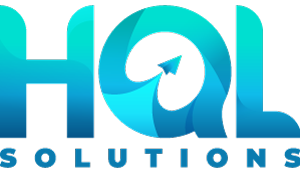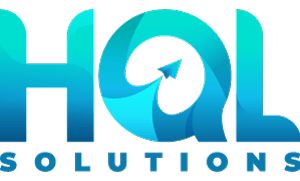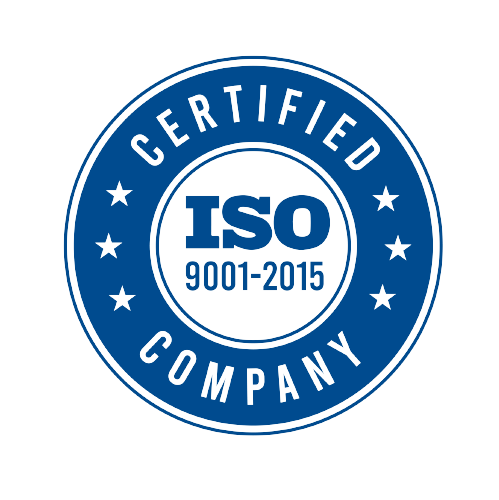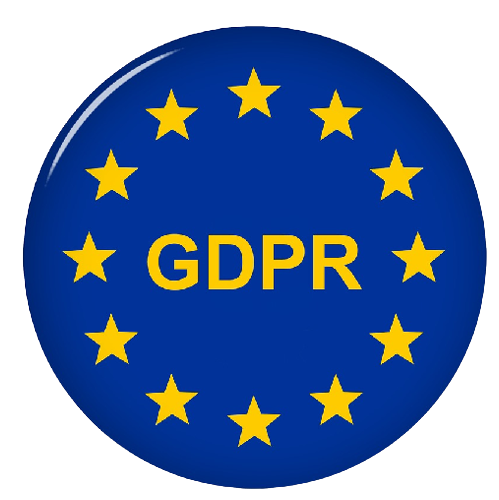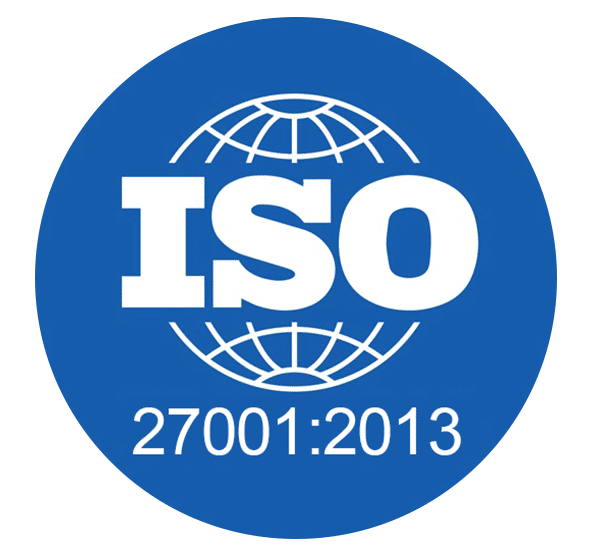Best Practices for B2B Demand Generation : Navigating Effectively

It is essential to understand B2B demand generation best practices at present is a very competitive B2B environment. Our blog provides insightful analysis and practical tips that will help you improve your demand creation tactics.
This guide gives you the skills you need to succeed in B2B demand development; visitor attraction optimization, lead conversion and marketing return on investment regardless of your level of experience.
Significance and Definition of B2B Demand Generation
To generate interest and demand for their goods and services among other companies or organizations, firms employ a variety of methods and tactics known as business-to-business (B2B) demand creation. Through a variety of marketing and sales initiatives, prospects are identified, engaged, and turned into qualified leads.
To maintain growth and profitability, B2B organizations must generate demand effectively. Producing a consistent flow of qualified leads forms the base for revenue generation and feeds the sales pipeline.
In the absence of strong demand generation tactics, companies could find it difficult to connect with their target market, stand out in crowded markets, and eventually meet their financial targets.
B2B Demand Generation Best Practices
1.Getting to Know Your Audience
Knowing your target is not just a good idea in the world of business-to-business (B2B) marketing; it’s essential to success. Here’s how to successfully understand your audience, from selecting target markets to developing tailored strategies:
Finding Buyer Personas and Target Markets
Determining who your ideal client is is essential before you implement any marketing strategies. Establish your target markets first by classifying them according to industry, region, firm size, and other pertinent factors.
After you’ve identified your target audiences, go further and develop thorough consumer personas. These made-up depictions of your ideal clients should have their goals, difficulties, pain areas, and preferred methods of communication included, in addition to their demographic data.
Researching and Analyzing the Market
In B2B marketing, market research is the cornerstone of well-informed decision-making. Engage in thorough market research to learn about consumer behavior, rival strategy, market trends, and new business opportunities.
To obtain important information, make use of both qualitative and quantitative research techniques, such as focus groups, interviews, surveys, and data analysis. Convert these findings into practical tactics that appeal to your intended audience.
Dividing Audiences to Develop Customized Approaches
In business to business marketing, one size does not fit all. You can better target your marketing efforts to the unique requirements and interests of various consumer segments by segmenting your audience.
Make use of variables like firm size, buying patterns, industry verticals, and pain concerns to create insightful audience groups. Your marketing initiatives will be more effective if you use segmented audiences to give highly relevant content, personalized messaging, and targeted offers.
2. Crafting Attention-Grabbing Content
Producing important, high-quality content is essential for B2B marketing. To effectively adapt content, be aware of the needs, preferences, and pain points of your audience. Use a variety of formats in your content strategy, such as webinars, videos, and blogs, to engage people on diverse platforms.
Provide instructive information during the awareness stage, solution-focused content during the consideration stage, and decision-centric content during the decision stage of the buyer’s journey. This calculated method makes sure that your content connects, encourages interaction, and eventually results in sales.
3. Making Use of Multi-Channel Marketing
Implementing multi-channel, smart techniques is essential to effectively contacting potential clients in today’s competitive B2B world. Businesses can increase the impact of their marketing initiatives and follow b2b demand generation best practices by integrating email marketing, social media, SEO, and PPC tactics to engage their target audience across a variety of digital and conventional channels.
Using Both Digital and Traditional Channels
By utilizing both digital and traditional media, you may reach a wider audience and cater to their varied preferences. Digital initiatives are enhanced by traditional media like print, radio, and television, particularly in fields that require offline interaction.
Digital channels, on the other hand, are essential to contemporary marketing plans since they provide real-time interaction tracking and cost-effective scalability.
Putting Email Marketing Best Practices to Use
Email is still a vital B2B communication tool since it allows for direct interaction. Mobile optimization, targeted list segmentation, and attention-grabbing subject lines are examples of best practices.
Workflows are streamlined by automation technologies for successful lead nurturing and customized campaigns.
Integrating PPC, SEO, and Social Media Strategies
Social media platforms provide a forum for B2B firms to demonstrate their knowledge, engage with prospective customers, and foster a feeling of community.
By applying SEO, you can make sure that your material appears prominently on search engine results pages, increasing organic traffic and increasing visibility among the target demographic.
Accurate targeting features in PPC advertising allows you to reach out to prospects who are actively looking for answers while maximizing your ad spend to receive the best return on investment.
4. Nurturing Leads with Marketing Automation
B2B lead nurturing has been transformed by marketing automation solutions, which provide efficiency and customization at scale. Let’s explore how to make the most of these tools.
Discover how marketing automation technologies, which simplify processes, manage leads effectively, and integrate with CRMs easily, may transform B2B operations. Businesses can prioritize leads and provide tailored content by using flexible lead scoring and nurturing processes, which can lead to a major increase in conversion rates.
Customized content and messages may be created by utilizing behavioral cues and data-driven insights, which increases conversions and fosters deeper engagement.
By using marketing automation for lead nurturing, business-to-business (B2B) organizations can improve productivity and communication, which in turn leads to increased return on investment and long-term growth.
5. Building Relationships with Account-Based Marketing (ABM)
Account-Based Marketing (ABM) is innovative in the B2B space. Personalized campaigns that are specific to the needs of high-value accounts are targeted by ABM, which identifies accounts that fit the ideal customer profile and creates campaigns that specifically address their pain points.
Encourage collaboration between marketing and sales to guarantee that both departments are focused on providing value to target accounts.
ABM is about creating lasting relationships that generate revenue growth, not just about marketing.
6. Assessing and Examining Outcomes
When it comes to b2b demand generation best practices, result analysis and measurement are essential. It is crucial to set up key performance indicators (KPIs) like lead generation rate and conversion rate.
Using analytics tools like Google Analytics makes it possible to track the success of campaigns and website visitors. Consistent optimization, driven by data-driven insights, ensures strategy improvement for enhanced outcomes. implementing this iterative strategy, businesses may foster sustainable growth and remain competitive in the evolving B2B market.
Optimize your b2b demand generation with best practices like audience understanding, compelling content creation, multi-channel marketing, lead nurturing automation, account-based marketing adoption, and result measurement. Continuous refinement is key for sustained success.
For expert solutions, consider HQL Solutions, a leading demand generation company.
